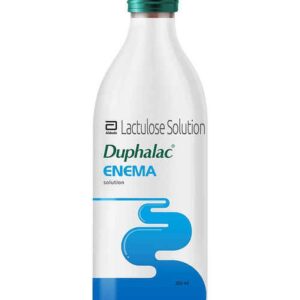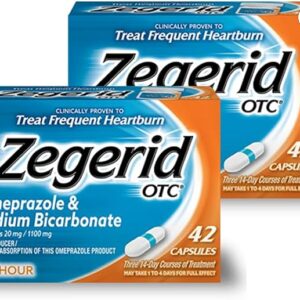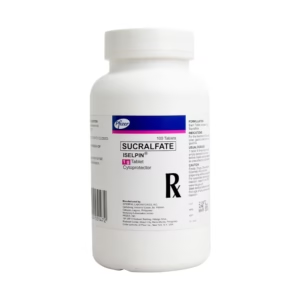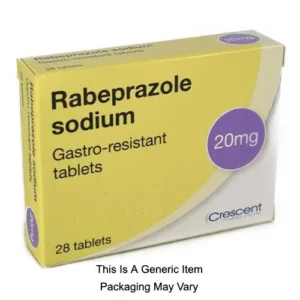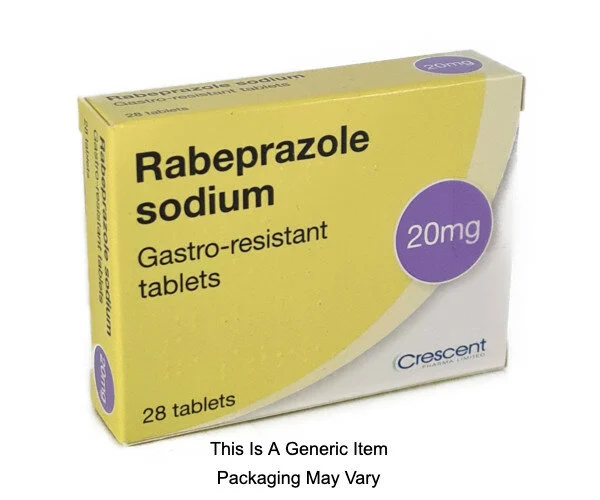-
Lactulose
Lactulose is an osmotic laxative used to treat constipation and manage hepatic encephalopathy.
Applications:
-
Relieves chronic constipation by drawing water into the bowel.
-
Reduces blood ammonia levels in patients with liver disease (hepatic encephalopathy).
Side Effects:
-
Common: bloating, gas, abdominal cramps, diarrhea.
-
Serious (rare): electrolyte imbalance with prolonged use or high doses.
Br120.00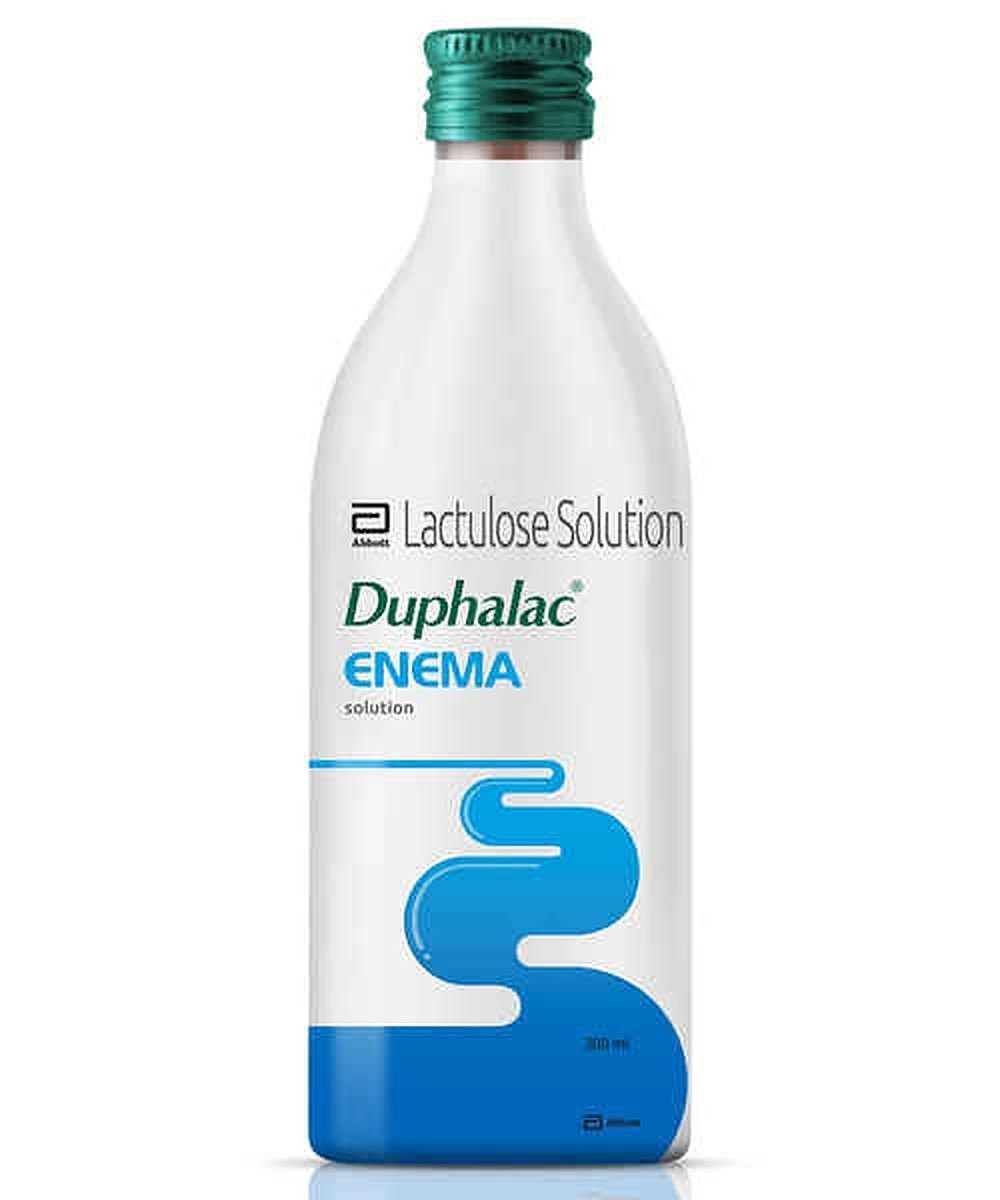

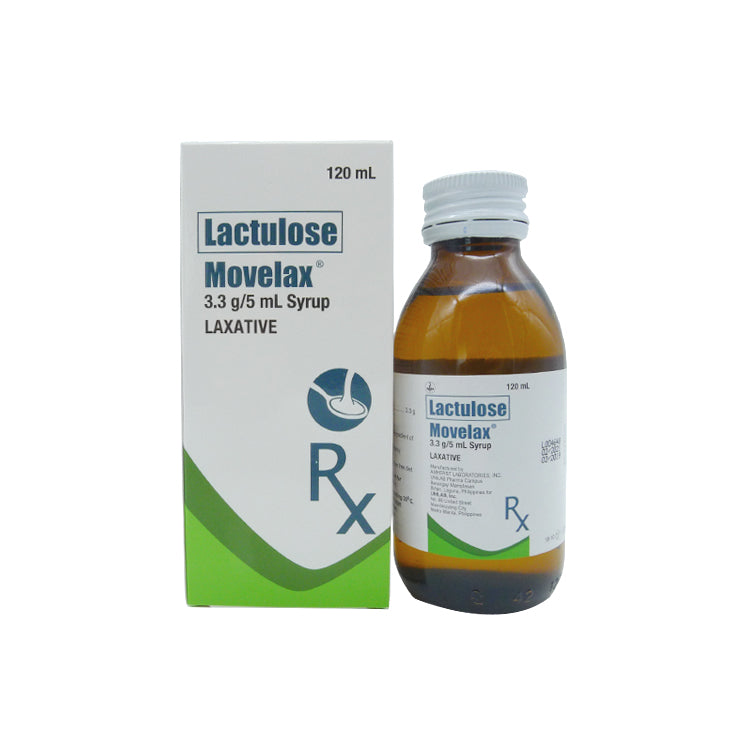
Lactulose
Br120.00 Select options This product has multiple variants. The options may be chosen on the product page -
-
Hyoscine/Scopolamine Hydrobromide
Hyoscine/Scopolamine Hydrobromide is an anticholinergic used to prevent motion sickness and treat nausea.
Applications:
-
Prevents motion sickness-related nausea and vomiting.
-
Used for postoperative nausea and in palliative care to reduce secretions.
Side Effects:
-
Common: dry mouth, drowsiness, blurred vision, and dizziness.
-
Serious (rare): confusion, hallucinations, and urinary retention.
Br120.00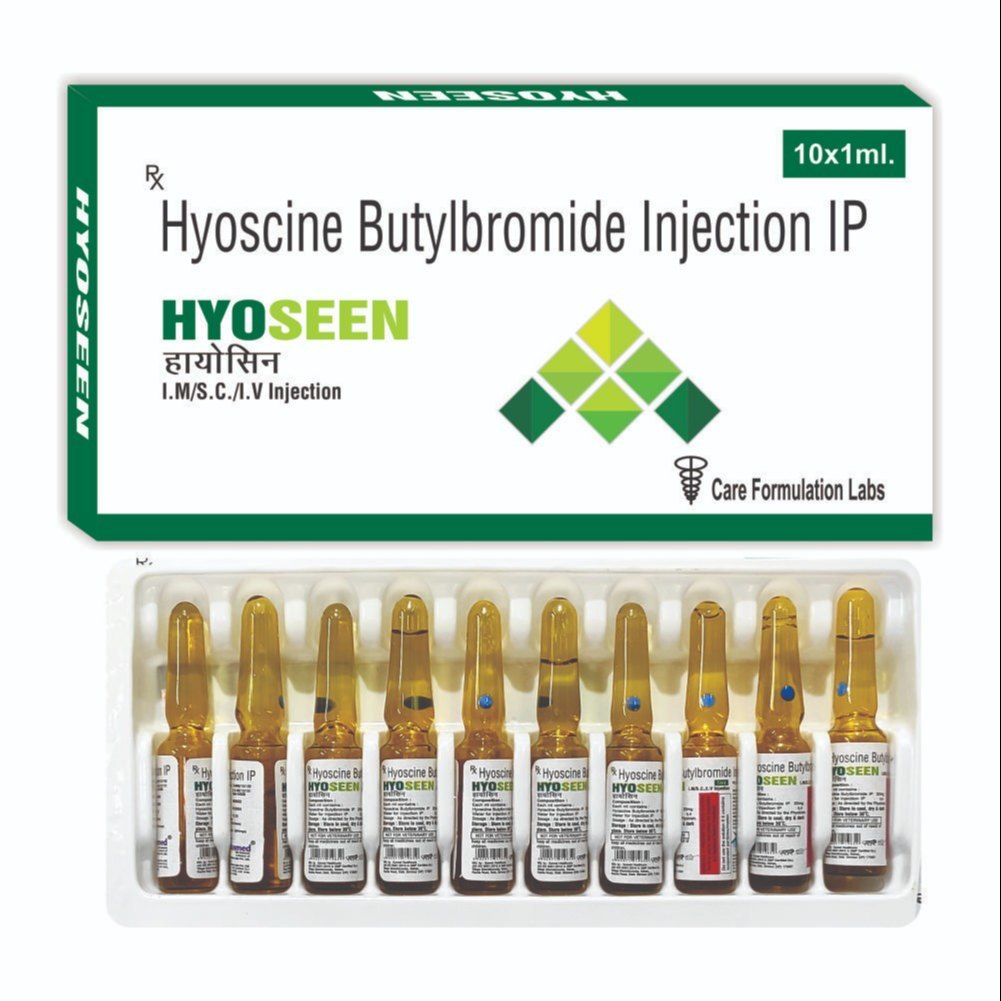

Hyoscine/Scopolamine Hydrobromide
Br120.00 Select options This product has multiple variants. The options may be chosen on the product page -
-
Omeprazole + Sodium Bicarbonate
Omeprazole + Sodium Bicarbonate is a combination used primarily for the treatment of gastroesophageal reflux disease (GERD), acid reflux, and peptic ulcers, similar to sucralfate, but it works differently.
Applications:
- Treats GERD, heartburn, and acid reflux.
- Helps heal and prevent ulcers by reducing stomach acid production.
- Used to manage Zollinger-Ellison syndrome, where excess acid is produced.
Side Effects:
- Common: headache, nausea, diarrhea, and abdominal pain.
- Rare but serious: severe allergic reactions, kidney problems, and bone fractures with long-term use.
- Prolonged use can lead to vitamin B12 deficiency and low magnesium levels.
Unlike sucralfate, which forms a protective layer over ulcers, omeprazole with sodium bicarbonate works by reducing stomach acid to help heal and prevent damage.
Br120.00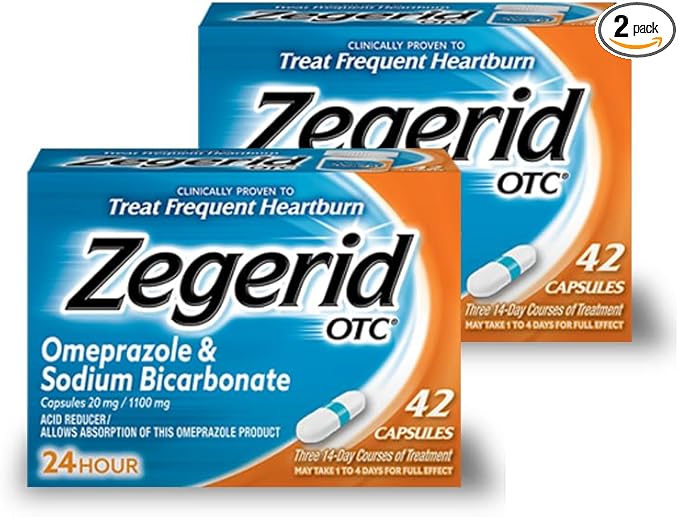
Omeprazole + Sodium Bicarbonate
Br120.00 Select options This product has multiple variants. The options may be chosen on the product page -
Sucralfate
Sure! Here’s a similar overview for sucralfate:
Applications:
- Used primarily to treat and prevent peptic ulcers by forming a protective barrier over ulcer sites in the stomach and intestines.
- Often prescribed for gastroesophageal reflux disease (GERD) and to manage conditions involving damage to the stomach lining, like gastritis.
- Can help in the healing of esophageal ulcers, as well as ulcers caused by nonsteroidal anti-inflammatory drugs (NSAIDs).
Side Effects:
- Common side effects include constipation, dry mouth, and mild stomach discomfort.
- Rare but serious side effects can include allergic reactions, severe abdominal pain, or difficulty breathing.
- Prolonged use may lead to malabsorption of nutrients like phosphate, which can cause low phosphate levels.
- In some cases, patients may experience dizziness or headache.
Sucralfate is typically considered a safe treatment, but like with any medication, it’s important to monitor for any adverse effects, particularly with long-term use.
Br120.00
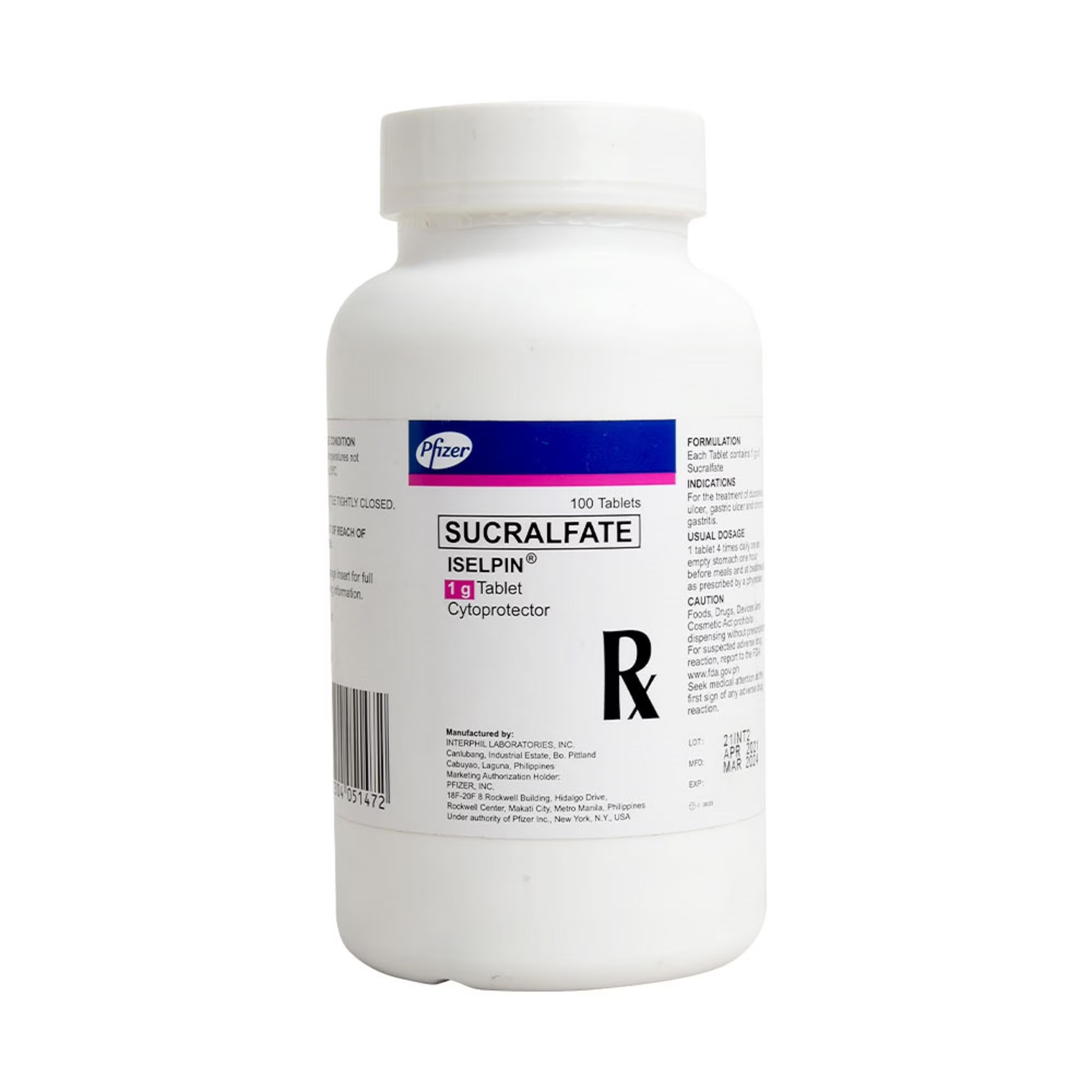
Sucralfate
Br120.00 Select options This product has multiple variants. The options may be chosen on the product page -
Rabeprazole sodium
Applications:
- Used to treat gastroesophageal reflux disease (GERD), erosive esophagitis, and peptic ulcers.
- Reduces stomach acid, promoting healing of the esophagus and ulcers.
- Effective in treating Zollinger-Ellison syndrome (excessive acid production).
Side Effects:
- Common side effects include headache, diarrhea, nausea, and abdominal pain.
- Rare side effects include low magnesium levels, bone fractures, and kidney issues, especially with prolonged use.
Rabeprazole sodium is a helpful treatment for acid-related gastrointestinal issues but, like other proton pump inhibitors, may lead to mild side effects such as headaches or stomach discomfort. Serious side effects are uncommon but should be monitored, especially during long-term use or in individuals with kidney concerns.

